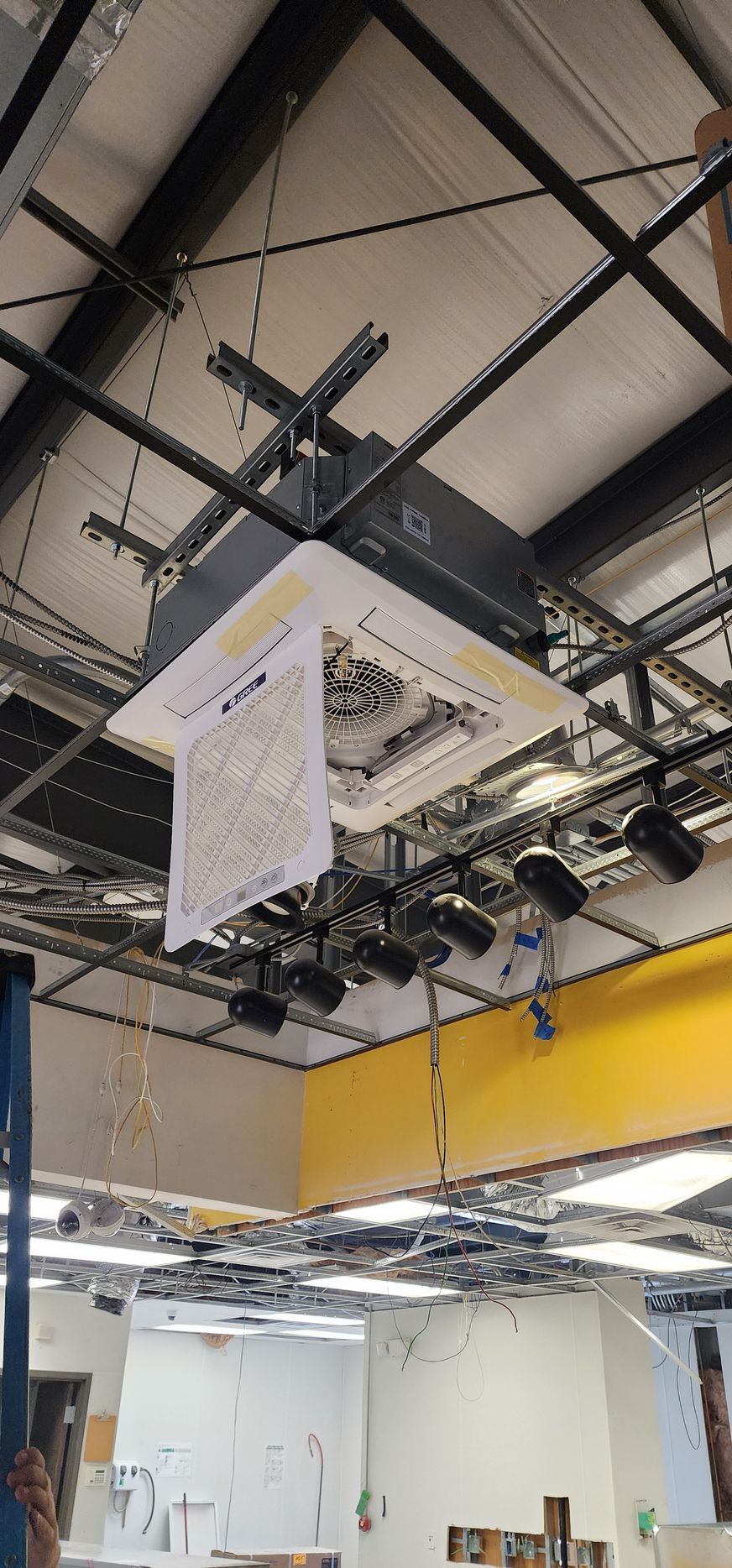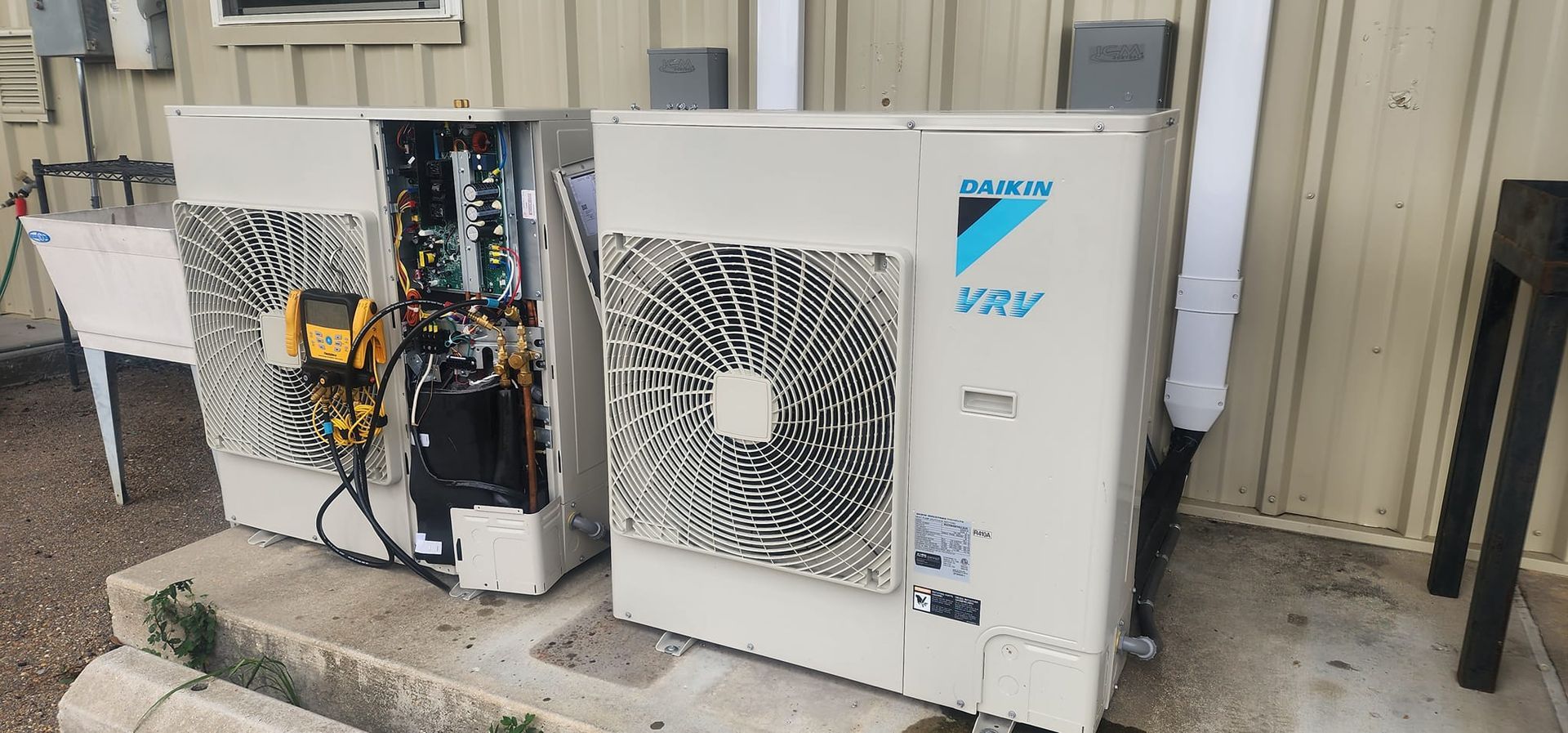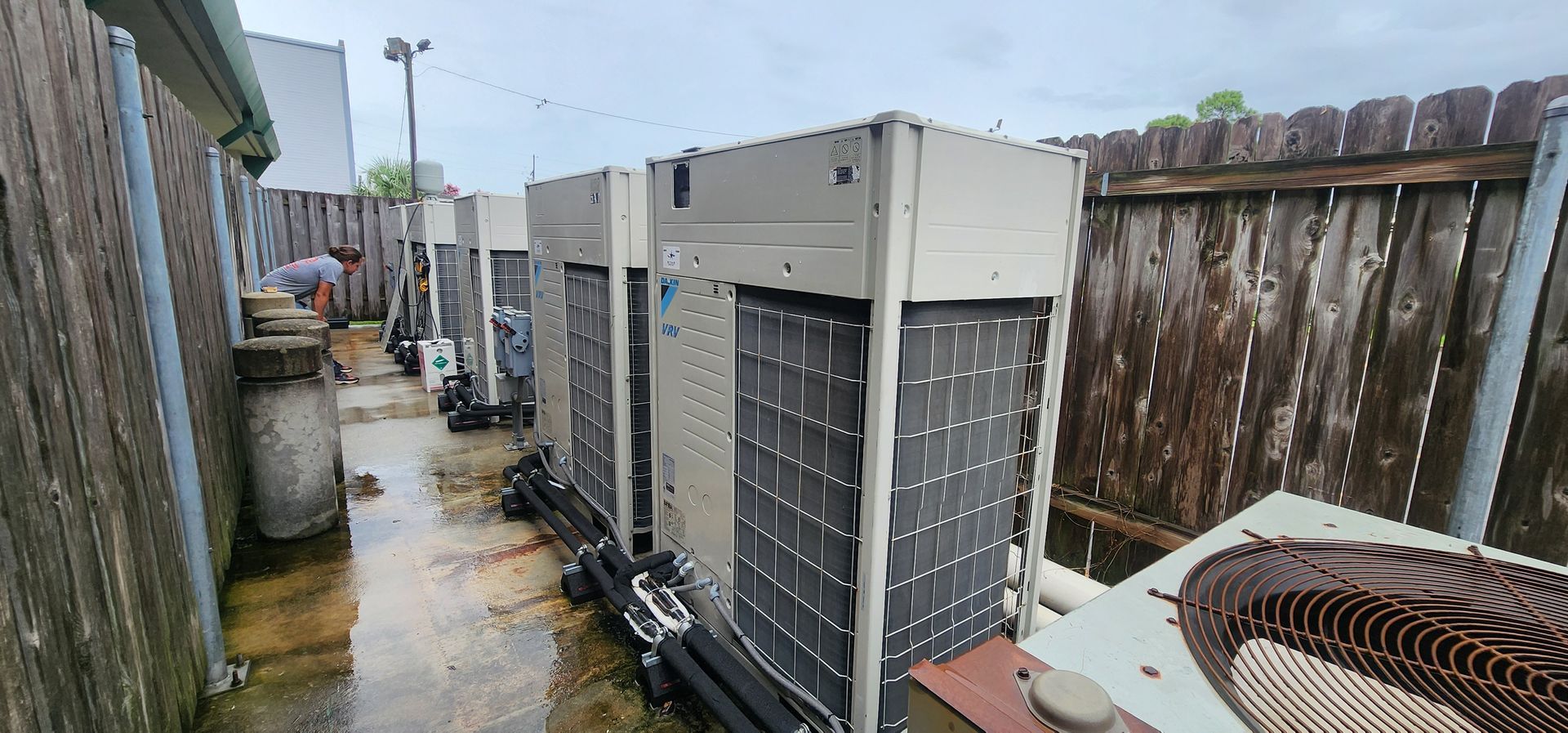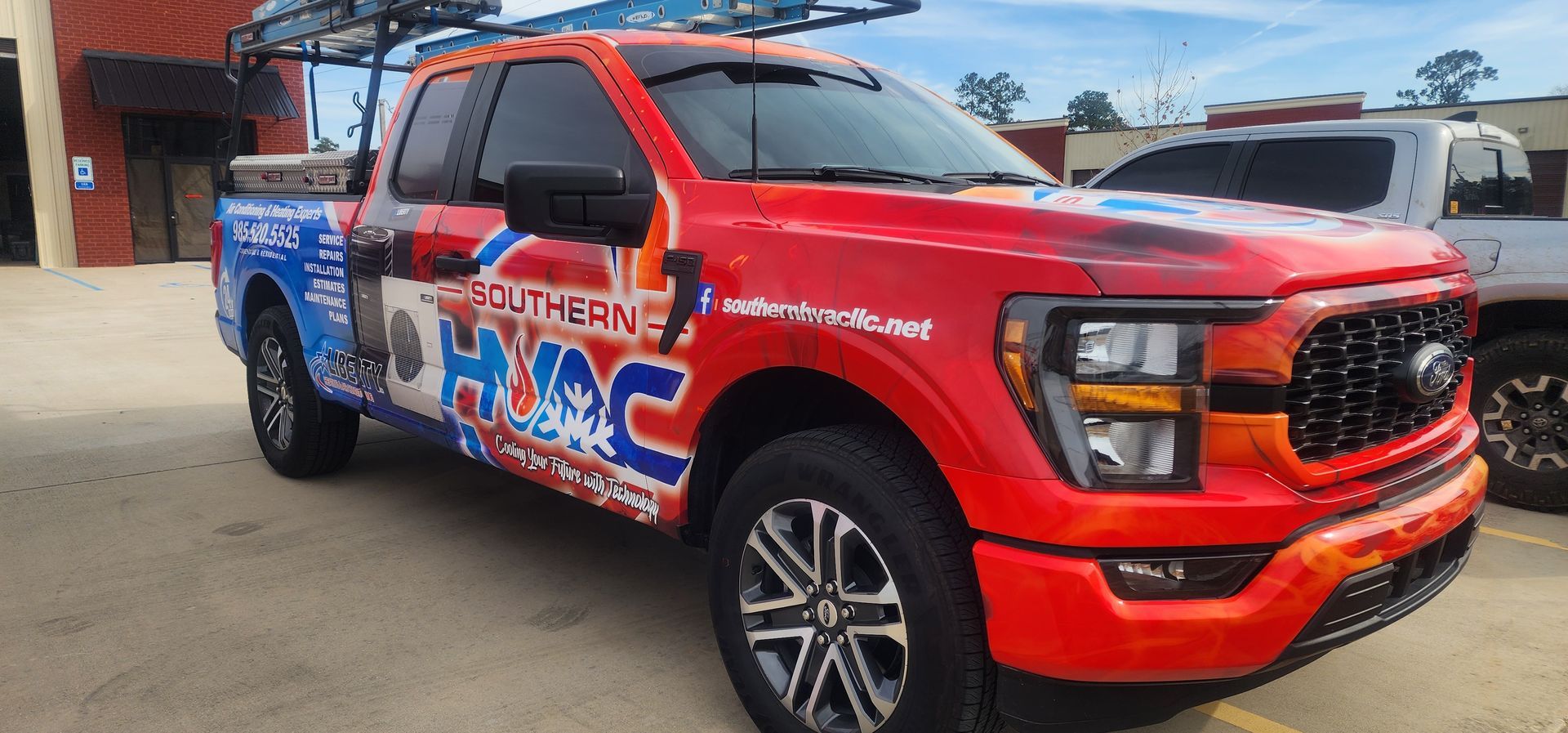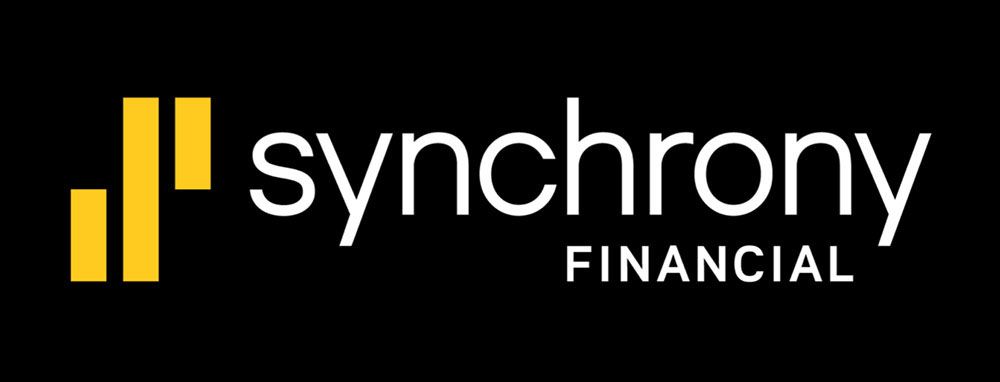What Is Commercial HVAC? Understanding Systems For Businesses
Businesses often use
commercial HVAC to meet the climate control needs of large spaces such as offices, warehouses, and commercial buildings. However, many customers still wonder, "What is commercial HVAC?"
Southern HVAC helps you learn about
commercial HVAC services through the following article.

What Is Commercial HVAC?
Commercial HVAC systems are built for heating, ventilating, and cooling in businesses. Unlike home systems, they come with air handling units, thermostats, and ductwork to make sure everything runs smoothly. This setup helps keep workspaces comfortable and meets indoor air quality standards while saving energy.
Types Of Commercial HVAC Systems
Picking the right system depends on the size of your building, its setup, and the local climate. At Southern HVAC, our team is here to help you choose the best commercial HVAC system that fits your needs and budget.
- VRF HVAC System: Suitable for controlling multiple air zones in large spaces.
- Packaged Rooftop Unit (RTU): An all-in-one system that optimizes efficiency, saves space, and is suitable for retail buildings.
- Split System HVAC: This is a system that combines indoor and outdoor equipment suitable for small businesses.
- Geothermal HVAC system: Environmentally friendly and high-performance system, ideal for green buildings.
- Ductless Commercial HVAC: A convenient system for zoning without using ducts, popular for modern office buildings.
HVAC Commercial Vs Residential: How They Differ
Commercial HVAC systems differ from residential systems in size, complexity, and purpose. Commercial HVAC systems control temperatures in larger, more multi-zone spaces than residential systems. In particular, HVAC systems prioritize efficient operation, apply modern advanced technologies with strong productivity, and ensure strict compliance with indoor air quality regulations.
Why Are Commercial HVAC Systems Important?
- Energy Efficiency: Commercial HVAC systems offer energy savings and lower utility bills, especially those with high SEER ratings.
- Productivity & Comfort: Specialized for large offices, commercial HVAC systems adjust zones easily using smart thermostat controls, improving productivity and comfort.
- Code Compliance & Legal Safety: Commercial ventilation systems meet cooling needs and strictly comply with legal quality and safety regulations.
Tips For Maintaining Commercial HVAC Systems
- Schedule Regular Inspections: Regularly inspect commercial HVAC systems to detect signs of failing components for early repair and cost savings.
- Replace Filters Frequently: Experts recommend changing your HVAC filter every 1-3 months to improve air quality and reduce dust buildup that causes allergies.
- Clean Ducts & Vents: Clean ducts and vents regularly to maintain even air distribution in the room.
- Monitor System Performance: With a smart commercial HVAC system, you can easily monitor system performance and take early action to improve operational efficiency.
Schedule A Commercial HVAC Consultation Today!
Ready to improve your facility’s indoor environment?
Southern HVAC offers
expert commercial HVAC near me and fast-response services.
Get in touch today to schedule your free consultation!
FAQs
How often should a commercial HVAC system be serviced?
You should schedule commercial HVAC maintenance at least twice a year. Regular service helps meet warranties and ensures long-term performance.
Can commercial HVAC systems be retrofitted instead of replaced?
Yes. Commercial HVAC replacement can often be delayed by HVAC retrofitting for businesses, which adds energy-efficient updates to your current system.
Are smart HVAC systems worth it for commercial buildings?
Yes! Smart commercial HVAC setups use automation, AI-powered HVAC, and thermostat control to cut costs and improve comfort.
What’s the average cost of commercial HVAC installation?
Costs vary, but commercial HVAC installation depends on system size (BTU), airflow (CFM), and zoning complexity.
Can businesses handle any HVAC maintenance internally?
Yes. Simple tasks like changing the filter and adjusting the thermostat are safe for internal staff. However, avoid tasks that require technical tools—leave those to pros to avoid turning a manual HVAC into a liability.

